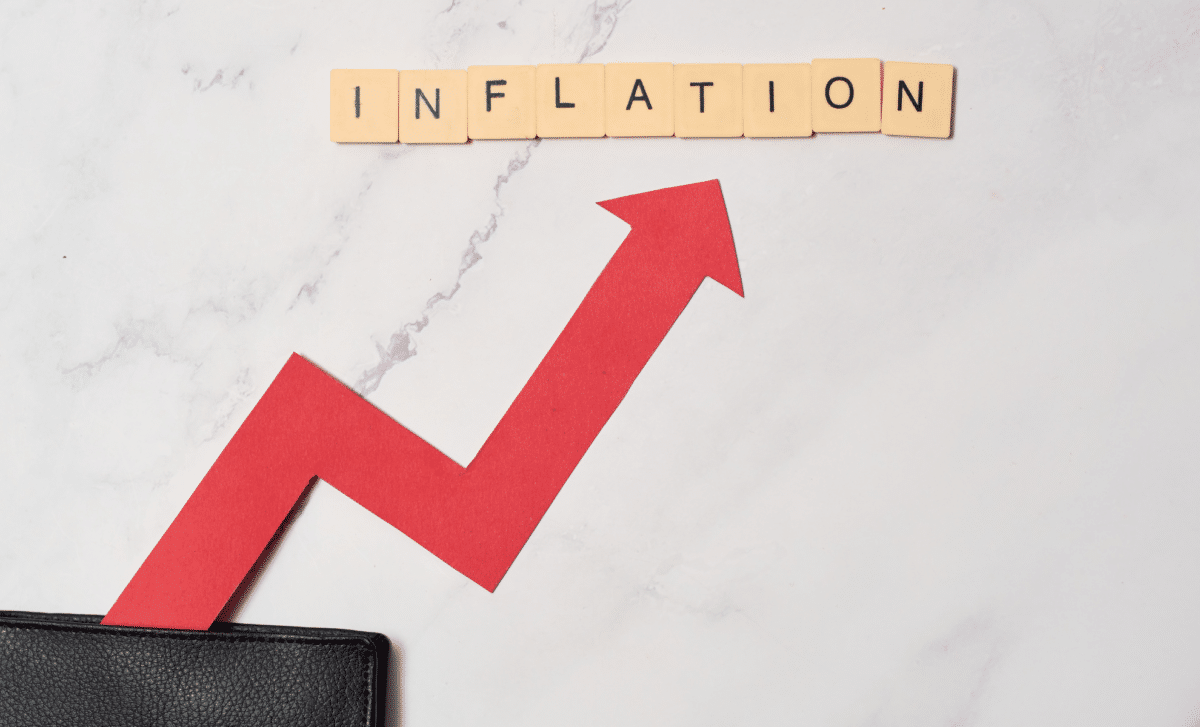Inflation in the UK rose to 2.3% in October 2024, a sharp increase from 1.7% in September. This unexpected surge takes inflation above the Bank of England’s 2% target, sparking speculation that plans to cut interest rates may be delayed.
The rise was primarily driven by higher energy bills, following a recent increase in the national energy price cap. While some sectors saw cost decreases, such as oil prices and certain leisure activities, the overall pressure on household budgets has intensified. As policymakers face mounting challenges, the implications of this inflationary spike are being closely scrutinized.
Energy Prices at the Core of the Inflation Spike
The 10% increase in the energy price cap, implemented in October, was the primary factor driving inflation upwards. The cap adjustment, which reflects changes in wholesale energy markets, has directly impacted gas and electricity prices, significantly increasing the financial burden on households as the colder months approach.
Grant Fitzner, chief economist at the ONS, stated: “Inflation rose this month as the increase in the energy price cap meant higher costs for gas and electricity compared with a fall at the same time last year.”
Despite the sharp rise in energy costs, other sectors offered modest relief. Fitzner noted: “These were partially offset by falls in recreation and culture, including live music and theatre ticket prices. The cost of raw materials for businesses continued to fall, once again driven by lower crude oil prices.” While these decreases helped contain the overall inflation rate, they were insufficient to counteract the substantial pressure from rising utility bills.
The situation underscores the disproportionate impact of energy prices on inflation, as well as their significance in shaping household budgets. Rising heating and electricity costs are hitting lower-income households the hardest, leaving many with limited disposable income for other essentials.
Interest Rate Cuts Now in Question
The Bank of England’s monetary policy decisions now hang in the balance following the unexpected inflation spike. Previously, the Bank had signaled a willingness to reduce its base interest rate further, following its recent cut to 4.75%, as part of an effort to boost economic growth. However, with inflation now exceeding its target, the Bank is under pressure to pause these plans to avoid overheating the economy.
According to The Guardian, the Monetary Policy Committee (MPC) is expected to take a more cautious approach in its upcoming meetings. The Committee will closely monitor inflation data and other economic indicators before deciding on further interest rate adjustments.
For households, this potential delay in interest rate cuts translates to continued high borrowing costs for mortgages, personal loans, and business financing. Businesses, particularly small and medium-sized enterprises (SMEs), are likely to face ongoing challenges in accessing affordable credit, compounding the difficulties posed by higher operational costs.
The Impact on Households and Businesses
The rise in inflation has significant implications for UK households, many of whom are already grappling with the fallout from the cost of living crisis. Higher energy bills, coupled with rising prices for goods and services, are leaving consumers with diminished disposable income, further straining their financial resilience. For low-income families and retirees reliant on fixed incomes, the situation is particularly dire.
The ONS has flagged the disproportionate impact of inflation on vulnerable groups, noting that households spending a greater proportion of their income on essentials like energy are feeling the squeeze most acutely. Policymakers are under growing pressure to address these disparities, with calls for targeted interventions to support those most affected. Suggestions include subsidies for energy bills or tax breaks for energy-efficient home upgrades, which could provide some relief to struggling households.
Global economic factors further complicate the situation. Supply chain disruptions, geopolitical tensions, and fluctuating energy markets have all contributed to rising costs, creating a challenging environment for policymakers. Addressing these issues will require coordinated efforts between government initiatives and central bank strategies.
Looking Ahead: What to Expect
As inflation remains above the Bank of England’s 2% target, the outlook for monetary policy and economic stability is uncertain. The Bank faces a delicate balancing act: curbing inflation while avoiding stifling economic growth. With inflation projected to stay elevated in the short term, economists suggest that the Bank may adopt a “wait-and-see” approach, prioritizing stability over immediate rate reductions.
The government, meanwhile, must consider fiscal measures to complement monetary policy. Financial analysts suggest that targeted relief for low-income households and energy subsidies could help mitigate some of the inflationary pressures, particularly as winter energy demands increase.
Economists and policymakers alike agree that decisive action is needed to address the dual challenges of inflation and economic growth. The coming months will be critical in determining whether the UK can successfully navigate this period of financial uncertainty.









